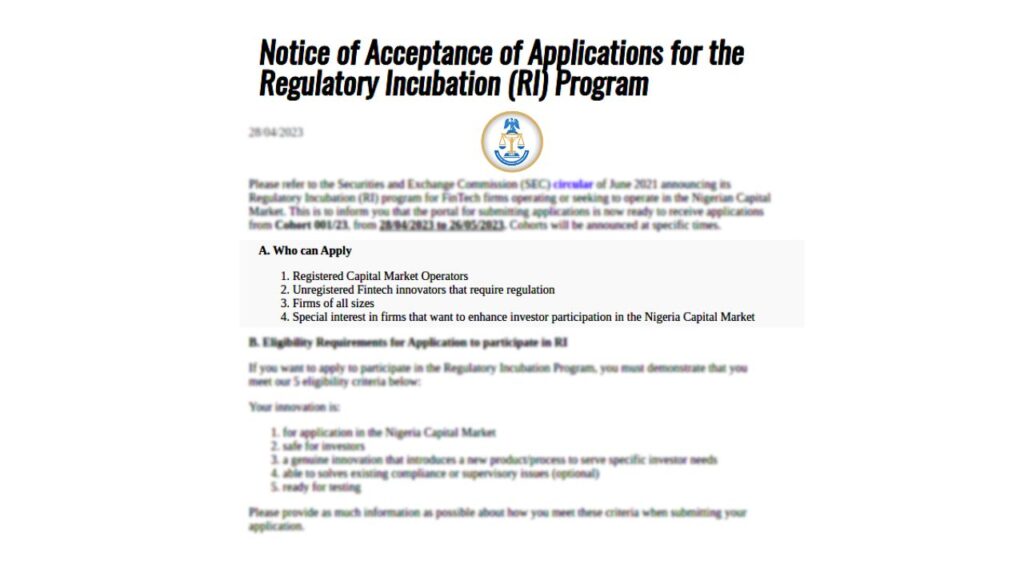CFPB Adds Friction to Fintech Inclusion Efforts

Many fintech companies highlight their ability to use non-traditional tools to promote financial access for underserved and unbanked communities. Banks can even partner with fintech companies to help reach new customers in such communities.
These financial inclusion efforts align with corporate environmental, social and governance practices, which continue to grow in importance.
Despite their laudable goals, however, these fintech companies may be exposed to even greater regulatory risks, particularly from the Consumer Financial Protection Bureau. Recent announcements by this consumer watchdog highlight the need to develop appropriate policies and procedures to avoid regulatory action.
Defining discrimination in financial services
The CFPB’s consumer protection mission has focused on the same communities that its ESG efforts have targeted since its inception. In the past year, the CFPB took significant steps toward a broader consumer protection approach to fair lending and potential discrimination, after a decade of traditional fair lending investigations under the Equal Credit Opportunity Act.
In March 2022, the CFPB announced that it had updated its examination manual to address discriminatory practices by expanding the definition of unfair, deceptive or abusive acts and practices, or UDAAP, under the Dodd-Frank Act. Under this new definition, discriminatory practices may meet the criteria for “unfairness” even if they do not involve “credit” as required by ECOA.
For example, if a customer is denied access to a product or is harassed in a discriminatory manner by a debt collector, the financial company involved may have violated the prohibition of the UDAAP. The exam manual update also announced the CFPB’s intention to examine decision-making in “advertising, pricing and other areas” to ensure that consumer-facing companies “test for and eliminate unfair and unlawful discrimination.”
This expansion of the CFPB’s authority under the UDAAP doctrine may allow the CFPB to pursue discrimination claims against a broader range of financial services markets such as credit servicing, collections, consumer reporting, payments, remittances, deposits and digital wallets.
Even traditional ECOA actions can be expanded. In May 2022, the CFPB issued an advisory opinion announcing its view that ECOA’s consumer protections apply to discriminatory practices after the initial credit decision. The CFPB held that ECOA prohibits lenders from lowering credit limits on certain borrowers’ accounts or subjecting certain borrowers to more aggressive collection practices on prohibited grounds, such as race. The guidance statement also emphasizes the requirement for lenders to issue “adverse action notices” explaining adverse decisions against both applicants and existing borrowers.
Impact on Fintechs
At the same time, the CFPB announced that it will invoke its dormant authority under the Dodd-Frank Act to “hold non-banks to the same standards…[as] banks…” Until recently, the CFPB exercised investigative authority only over a limited number of non-bank financial services companies that were either identified in the DFA or by CFPB rulemaking as a “major participant” in a particular market.
In April 2022, the CFPB announced its intention to use a forgotten clause in the DFA to supervise unregulated non-banks or fintechs if there is reasonable cause to believe the company “poses a risk to consumers.” As part of this new process, the CFPB can publicly announce that a fintech “poses a risk to consumers” even before an examination takes place. This new authority is not specific to any consumer financial product or service, allowing the CFPB to regulate a variety of fintech companies.
Increased investigations will provide more opportunities for investigation and public enforcement actions against fintech companies. This is exactly the kind of activity that financial services stakeholders want to see. In a rare partnership, the Center for Responsible Lending and the Consumer Bankers Association recently joined forces to petition the CFPB to increase oversight of buy now pay later (BNPL) companies and fintechs.
The same day, the CFPB issued a report on BNPL with a statement from Director Rohit Chopra instructing his staff to ensure that these BNPL fintech companies “adhere to many of the baseline protections that Congress has already established for credit cards.”
Why it matters
The CFPB is poised to redouble its enforcement and oversight efforts. Expanding the authority and its recent interpretations of ECOA and UDAAP give it additional tools to regulate potential discrimination.
While this increased effort will be felt across various industries, fintechs that promote financial inclusion are likely to come under greater regulatory scrutiny due to their stated focus.
If the CFPB finds that a fintech has engaged in discriminatory practices with these new tools, it has the power to impose severe monetary penalties and injunctions, and demand full restitution from those affected.
What will be next?
The CFPB’s recent expansions of authority over fintech and definitions of UDAAP and ECOA are likely the first steps in a wave of supervisory and enforcement activity. Fintech companies focusing on financial inclusion or ESG work should take note. Regulatory risks of unfair, deceptive or abusive acts or practices have become more complex. Companies should consider developing appropriate compliance structures to manage these risks.
This article does not necessarily reflect the opinion of The Bureau of National Affairs, Inc., the publisher of Bloomberg Law and Bloomberg Tax, or its owners.
Write for us: Author Guidelines
Author information
Melissa Baal Guidorizzi is an Orrick partner and previously served eight years at the CFPB, including as the agency’s senior policy and strategy advisor for enforcement.
Carolyn Frantz is a senior advisor at Orrick and leads the firm’s ESG practice.
David Devich is an associate attorney at Orrick.

























